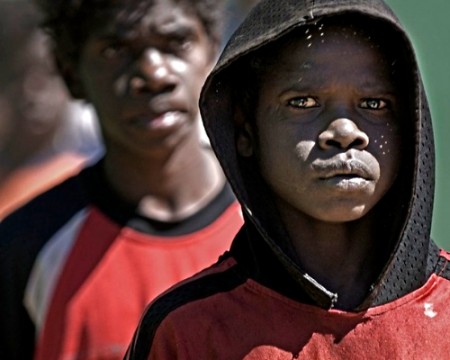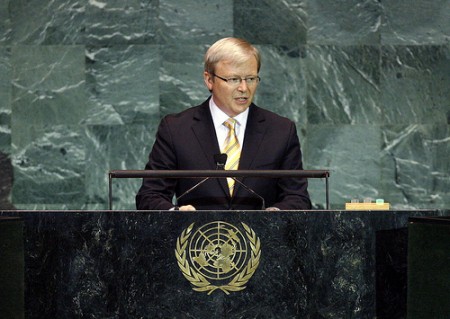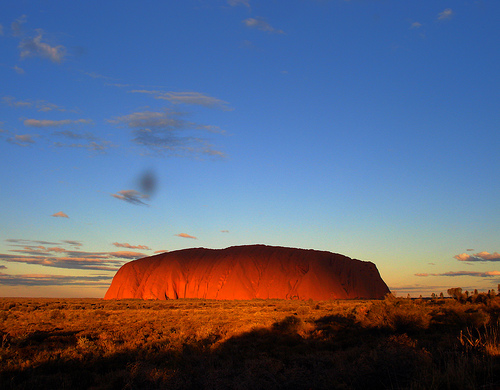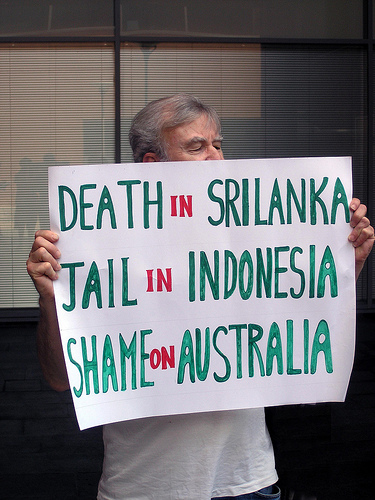
Last week Australia performed extraordinarily well in the Global Liveability Survey and can now claim four of the top ten ‘most liveable cities’ in the world. One shining performer was the West Australian capital, Perth, which came in at 8th Place, just below Helsinki and just above a rival Australian city, Adelaide. You can take it from a proud Perth inhabitant – it’s a beautiful place to visit and even more remarkable place to live.
Unless, of course, you are an indigenous Australian, in which case there’s a very good chance you will be spending some time in Perth’s least beautiful locations – namely Hakea, Casuarina, or Bandyup maximum security prisons.
Last week a report was released by the government-established Productivity Commission, assessing the ongoing welfare (or lack thereof) of indigenous Australians. Throughout Australia, indigenous people are 14 times more likely to be incarcerated than non-indigenous people. In Western Australia specifically, indigenous people make up just less than 4% of the total Western Australian population, yet they make up 40.4% of the total male prison population, and 51.5% of the female prison population (Australian Bureau of Statistics).



